One of our favorite kitchen items, hands down, is a good old-fashioned wooden spoon. It's practical, versatile, and can last for decades if cared for properly. There are specific ways to nurture wooden utensils in order to keep them from cracking and to help them maintain their glossy sheen.
But before we get to the nitty-gritty about the best way to care for them at home, let's look back at a brief history of the wooden spoon and why they've persisted as reliable cooking tools through the years.
A Short Etymology & History of Wooden Spoons
The word "spoon" comes from the Old English/Germanic term for chip of wood, pronounced spon. These "chips of wood," during the earliest found time, were smaller pieces of wood derived from larger pieces of wood, and were used as a tool for scooping and gathering.
The wooden spoon has long been integral to cultural traditions. In Extraordinary Origins of Everyday Things, Charles Panati states that wooden spoons have even been uncovered alongside gold and silver spoons in the tombs of ancient Egyptians. Looks like wooden spoons have always been revered as practical despite their humble materials, even for the afterlife!

Elaborately carved spoons made of wood, ivory, and sandstone, displayed at the Louvre in 2013.
The Importance of Wooden Utensils
The importance of wooden utensils is vast and varied. Depending upon whom you talk to, they seem to have different opinions as to why they so love their own. Here are 5 of our favorite reasons we've compiled over the years:
1.They last forever.
If cured correctly, your wooden utensils will last for decades. Yes, decades. If you protect your utensils (more on that below), they'll be a part of your life for years to come.
2. They don't release chemicals or react at high temperatures.
Many plastics leach chemicals when heated (hence the emphasis over the past few years over BPA-free plastics)... but not your trusty wooden utensils.
In addition, wooden utensils are non-conductive. This means that even if you leave your spoon in your pasta sauce at high heat, the handle won't get hot and burn you to the touch like a metal one would.
3. They're great for all cooking pans.
Wooden spoons are safe for all cooking textures and won't leave scratches like stainless steel or other metal utensils—which is especially handy if you're cooking with a non-stick surface. They're also safe for cooking on copper, stainless steel, aluminum, and ceramic.
4. They don't flavor foods.
When cooking with acidic ingredients like tomato sauce, metal utensils can react with those acids and may actually leave your sauce tasting metallic; this reaction is even more pronounced when using reactive pots or pans.
Wooden utensils, on the other hand, are happily non-reactive and can be used with just about any ingredient.
5. They have a comfortable feel.
Wooden utensils seem to almost mold into your hands after repeated use, unlike metal utensils. Much like the feeling of a well-used baseball mitt at the big game, a wooden utensil is reliable, will feel comfortable, and become familiar to you.
A Note on Buying Wooden Utensils
Soft woods like pine soak up much of the oils and juices of whatever you are cooking and can affect the taste of your dishes. Look for utensils made of hard woods, like maple, black walnut, olive, and oak, such as this olive wood utensil set via Amazon.
How to Clean & Care for Your Wooden Utensils
Always Hand Wash
Although it's tempting, don't put those lovely wooden utensils in the dishwasher—it's one of many common kitchen mistakes that should be avoided at all costs. (If you read your dishwasher's manual, it might even warn you of this.)
This goes for anything wooden, including cutting boards. Prolongedexposuretowater, heat, andsteamcanmake the wood warp or lose its finish. Dishwashers with a heated drying cycle are especially bad because they will dry the wood too quickly.
Instead, hand wash them with mild soap and warm water. Using a harsh detergent and putting them through even just a few cycles in the dishwasher is tough on them. So although it takes extra care and seems a bit tedious, it's worth it to keep them from cracking.
Dry with a Towel
Dry your wooden utensils with a towel rather than letting them air dry. If moisture from washing gets into the wood, they will crack over time, and cracks are breeding grounds for bacteria. So we recommend patting them dry with a towel before putting them away.
Mineral Oil
About once a month or so, rub mineral oil onto your wooden spoons with a cloth or with your hands. It's a food-safe product that will not smell or go rancid, as olive oil or other cooking oils would. It also absorbs into the wood quickly, leaving the spoons soft but not at all greasy. If you own wooden cutting boards or butcher's blocks, mineral oil is great for maintaining these surfaces as well.
Many folks in the food realm suggest using the Tree Spirit brand—and that includes us!
Say Yes to Wooden Utensils
Maybe you remember your nana tending to her meat sauce with a wooden spoon, or your mother using one to mix cake ingredients in your kitchen as a child.
Whatever it is, those who love them seem to be attached to them—and believe they deserve to be treated with the utmost respect. And now, you know just how to do that.

Our own beloved wooden spoon.
If you haven't already, we very much encourage you to add a wooden spoon or utensil to your cooking routine. You may be starting a humble tradition that will last you and your family for decades.









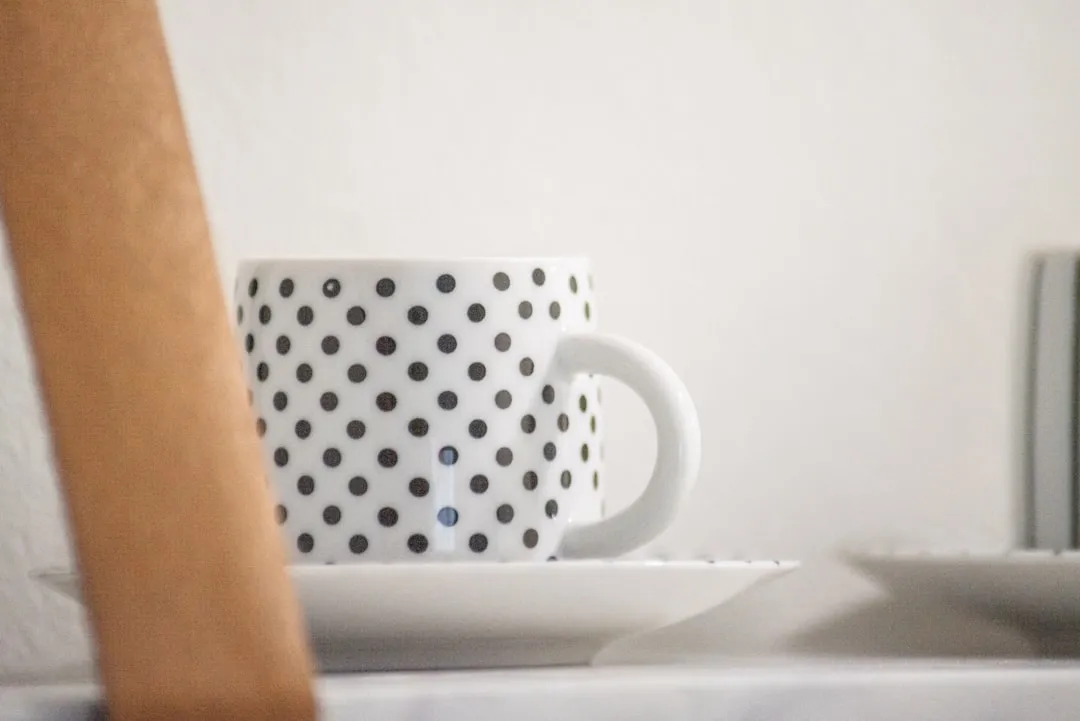
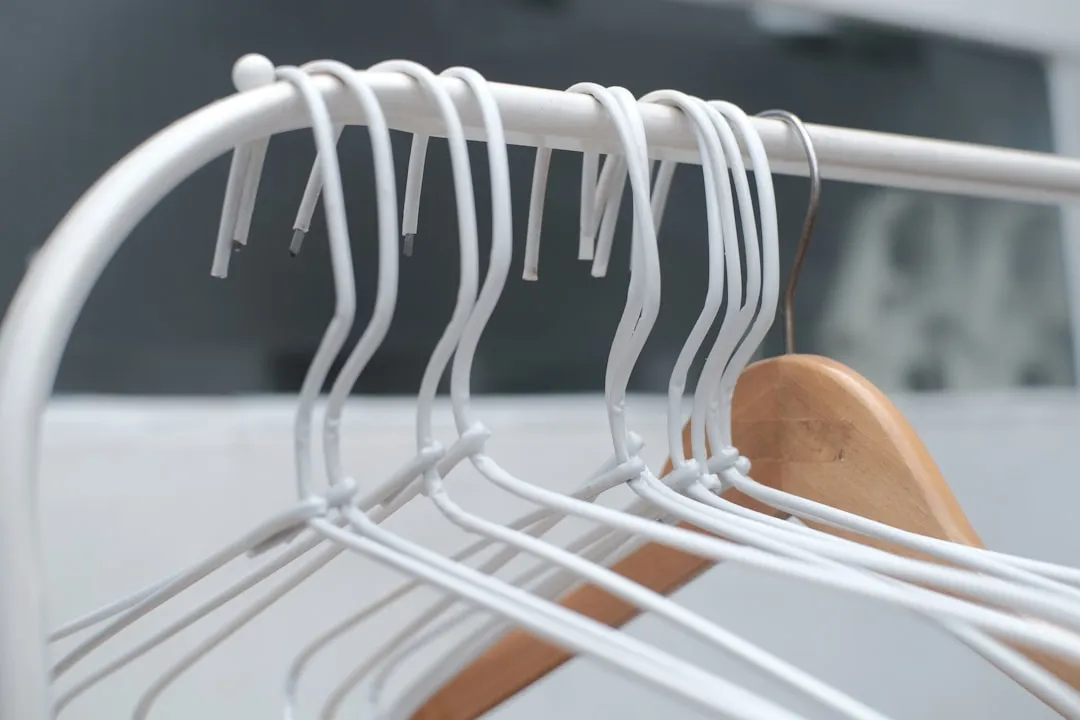
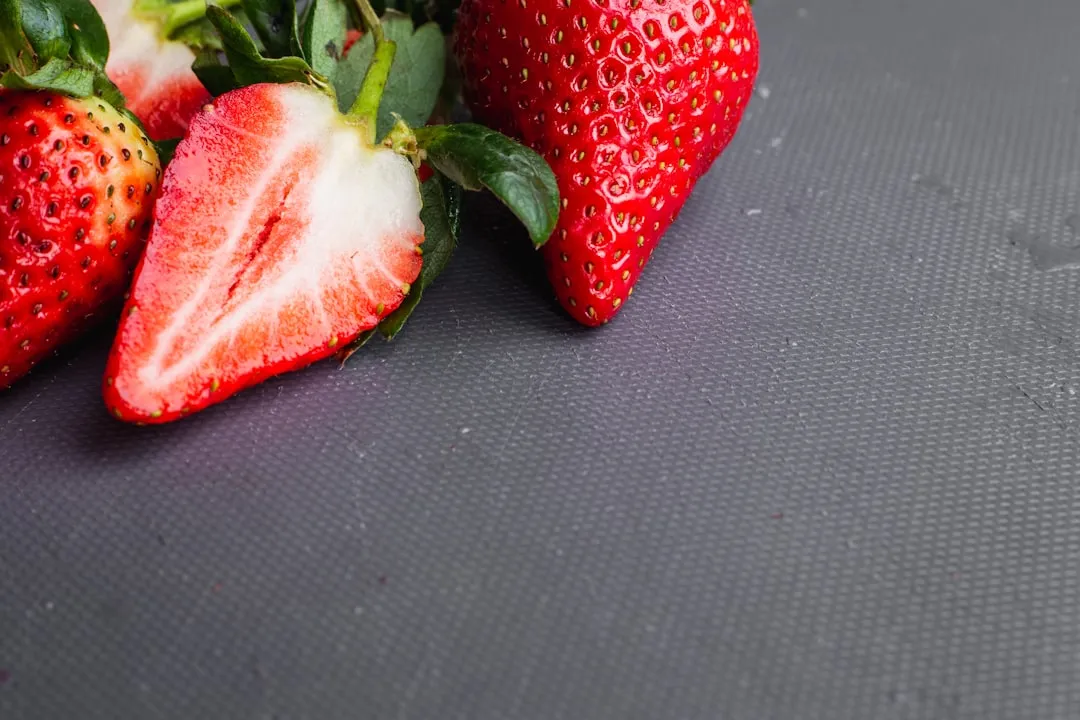
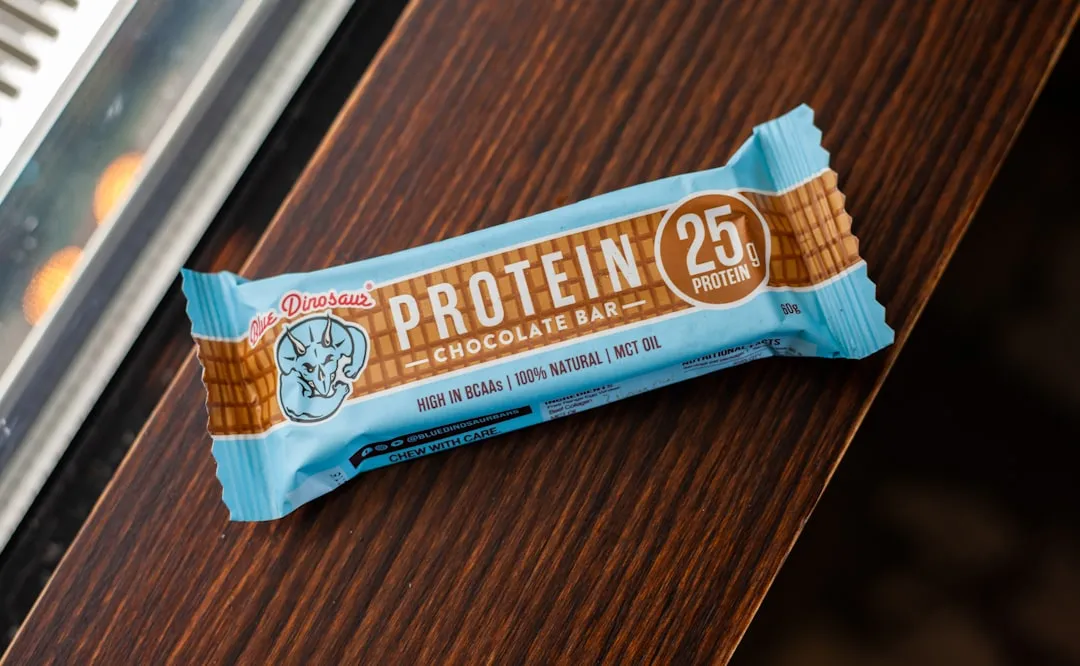
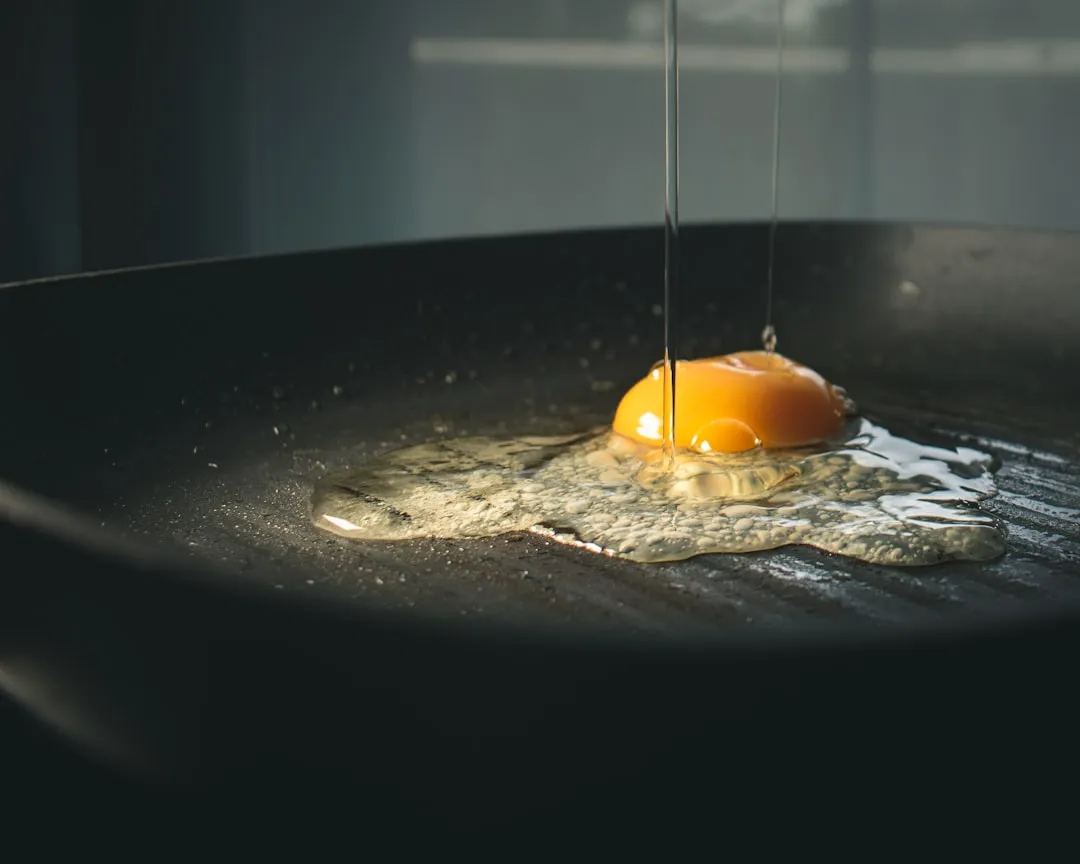
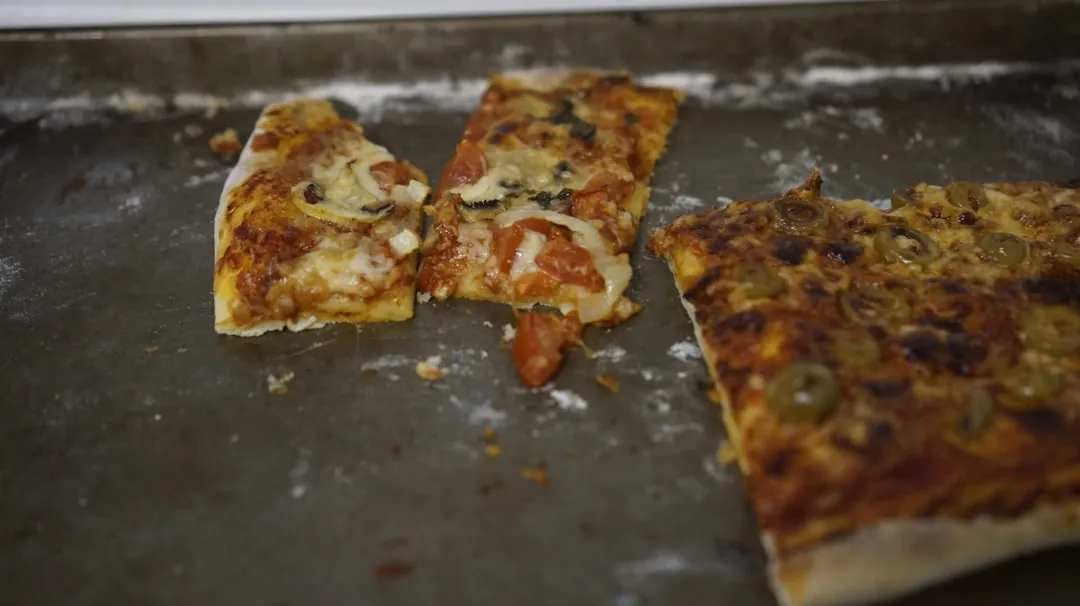



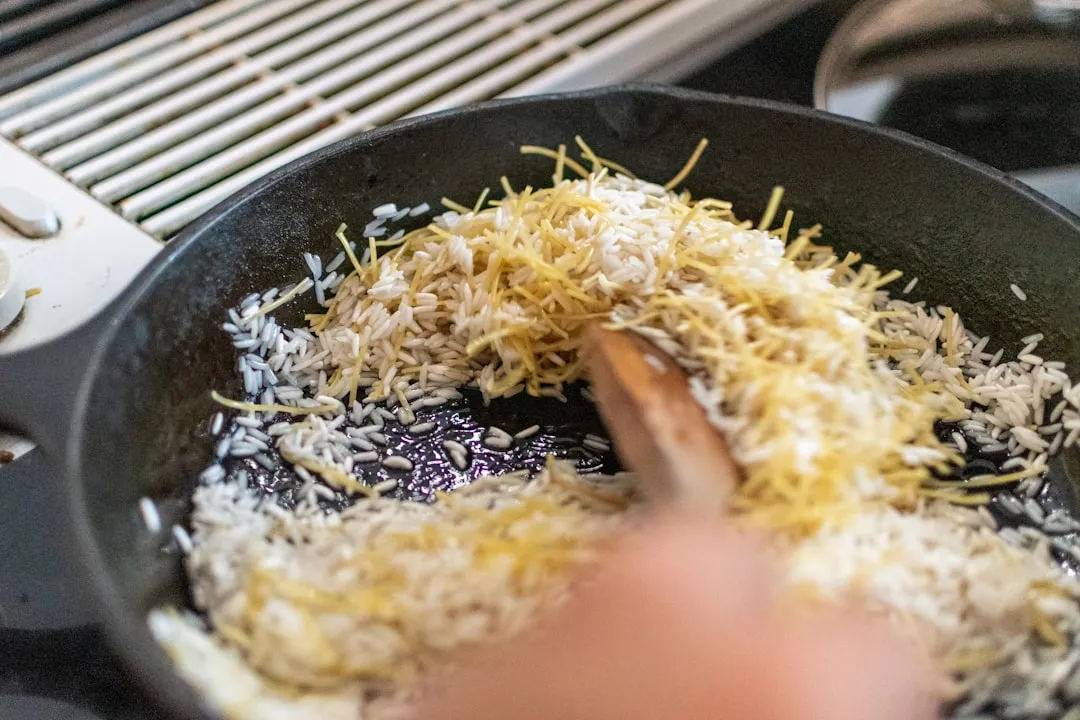

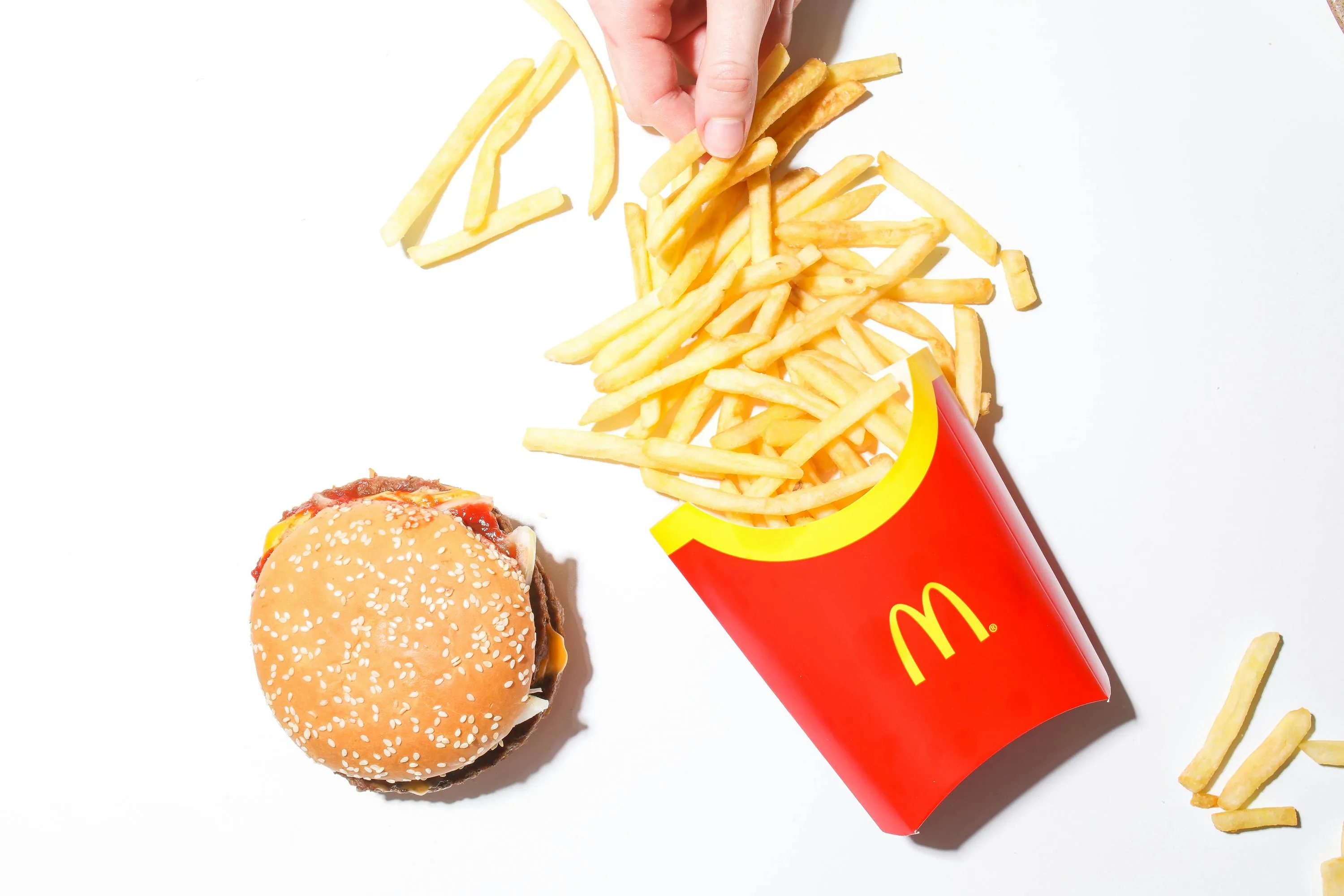
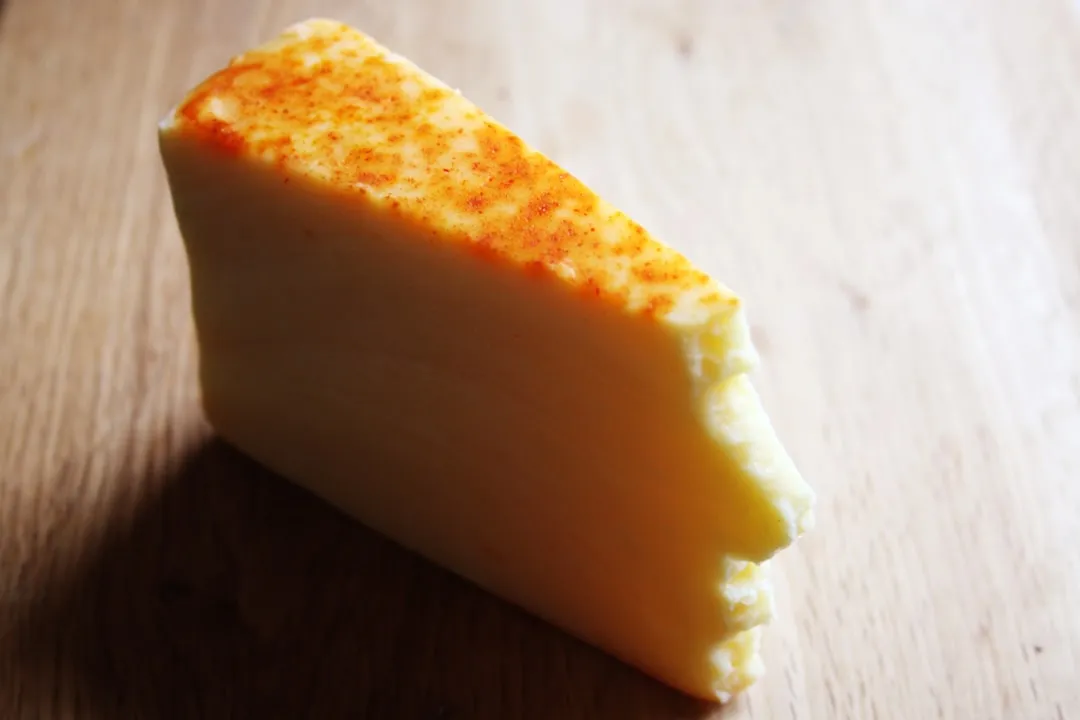
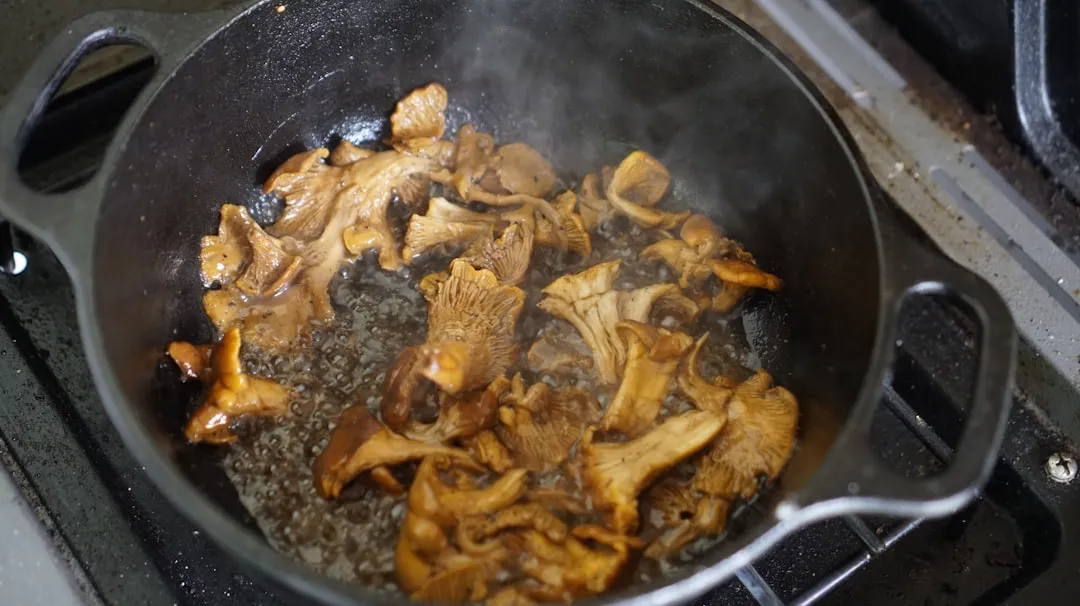
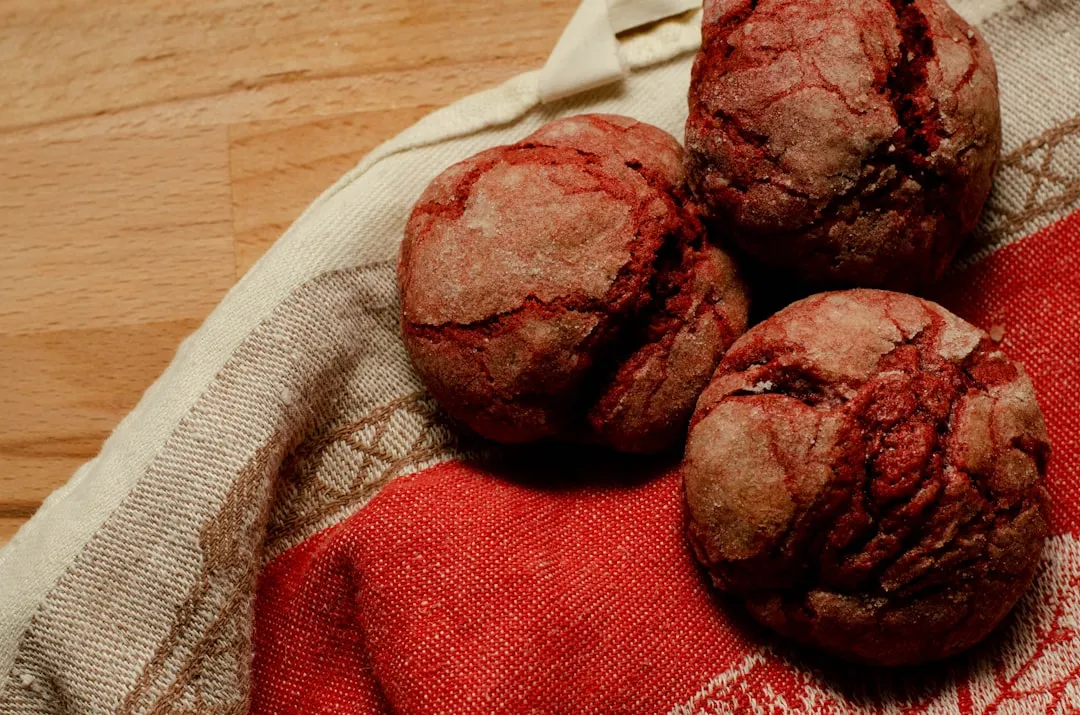
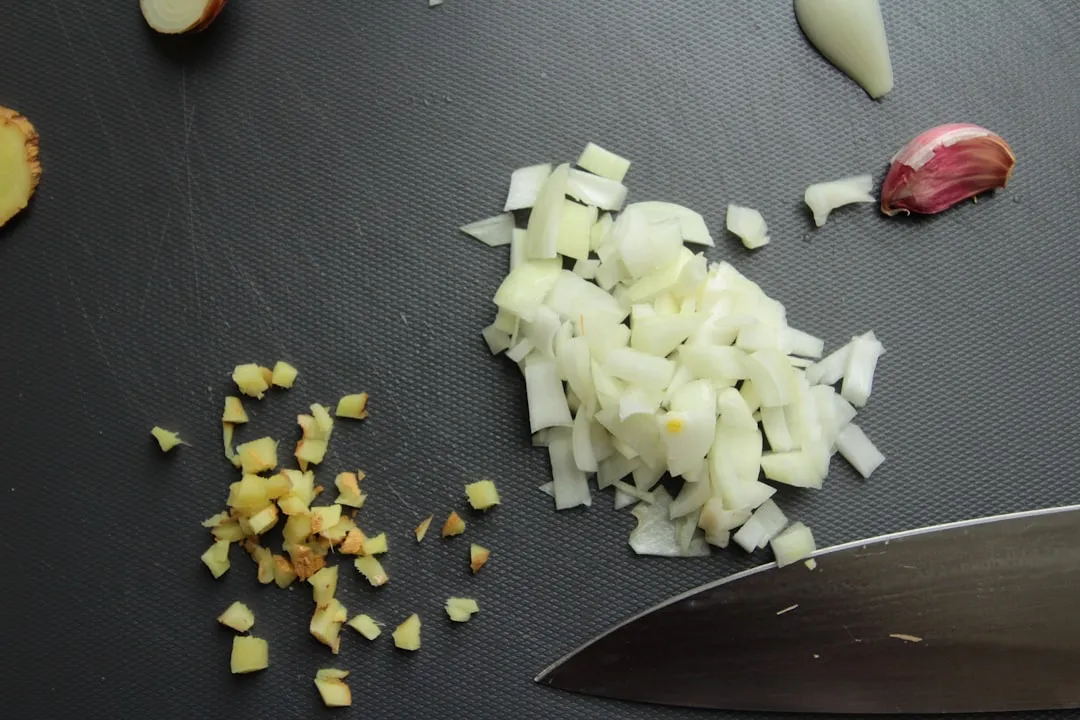

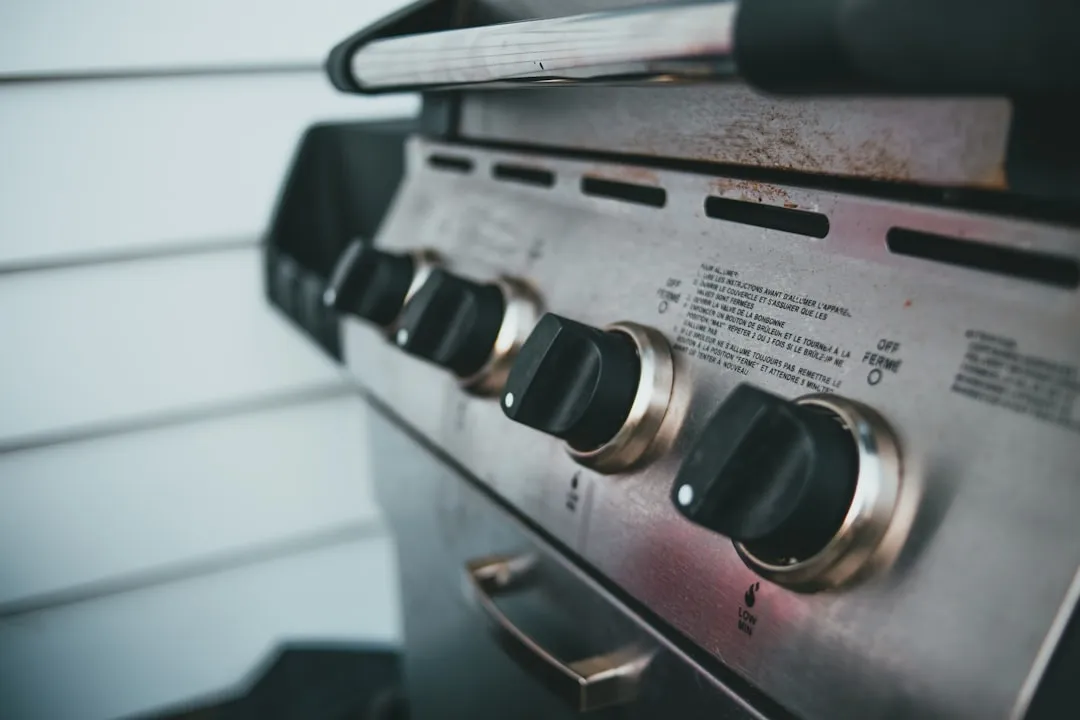
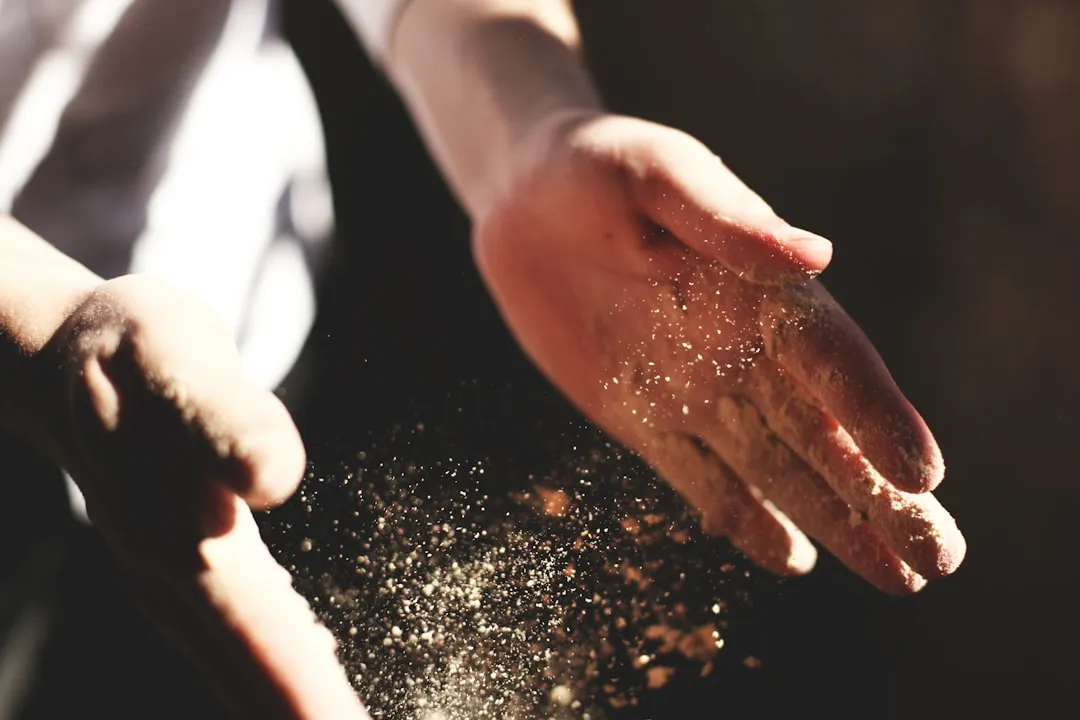
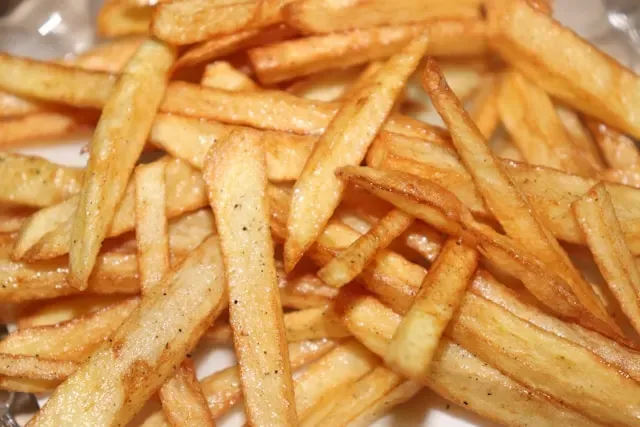
Comments
Be the first, drop a comment!